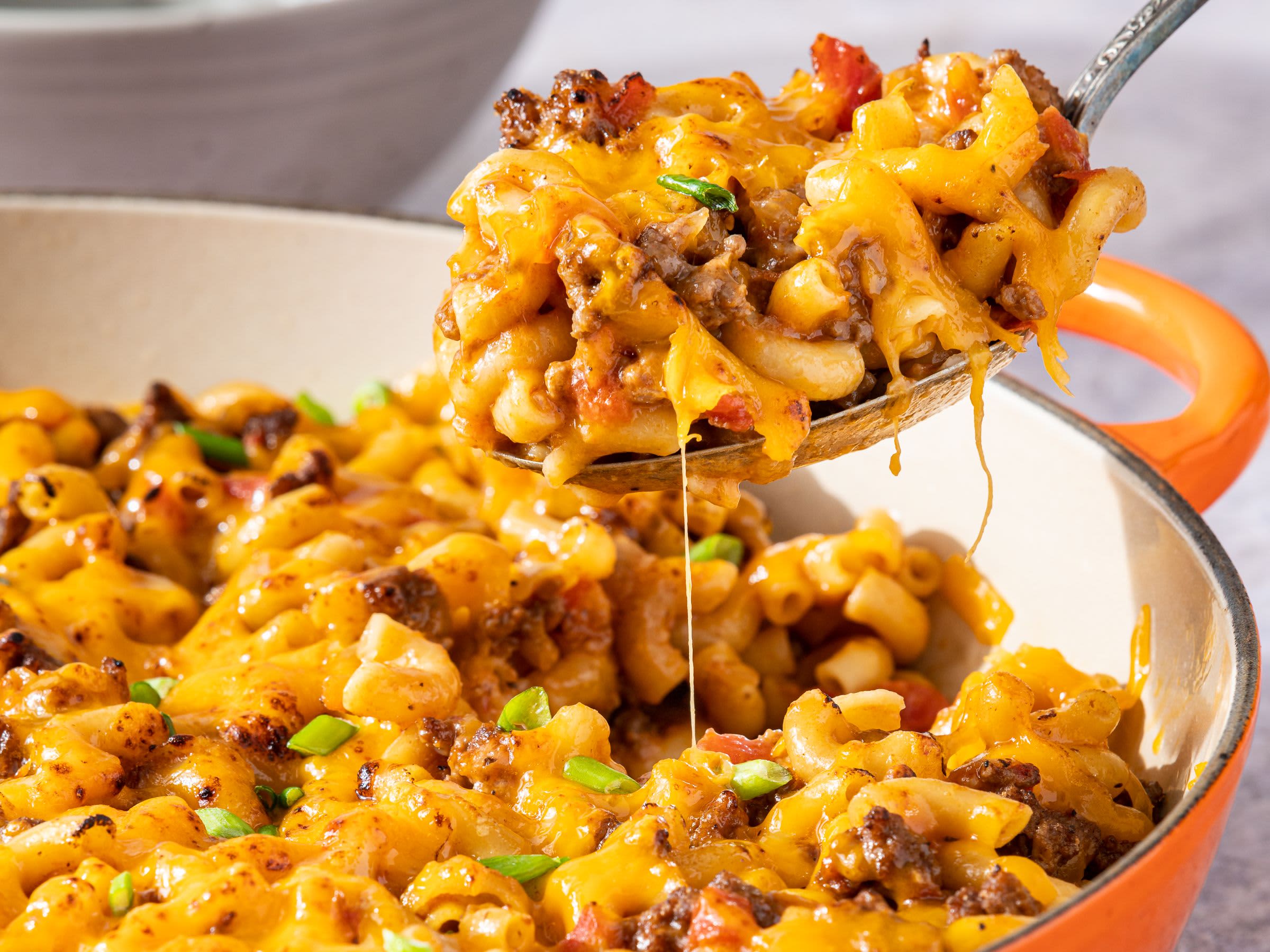Use compost fertilizer for your organic vegetable garden; it is an excellent source of organic material. Compost barrels or compost bins are easy to find at garden centers. In fact, our municipal landfill center sells the best compost bins; they are a good size, made with recycled materials, and have animal proof lids; you don’t want to attract bears, raccoons, coyotes, mice, or other more domestic animals (our backyard trails into a ravine and we have lots of wildlife coming into our garden area).
Make sure you place your composter on a solid, well-drained dirt or grass base (don’t put it on a rocky foundation). Try to place it in an area where it will get some sun each day – this will speed up the decomposition of waste. Investigate tumbling compost bins or spinning compost barrels; these can aerate your compost quickly and help speed up the decomposition process.
What to Put Into Your Composter? A Mix of Brown and Green:
- The best mix is four parts of brown material such as dry leaves, shredded newspaper, (even the lint from your dryer!) to one part of green material such as weeds, grass clippings, vegetable cuttings and left-overs, fruit peels and seeds.
- Try to shred or cut the materials into smaller pieces to help the composting process. The brown provides carbon-based material and the green provides nitrogen-based material – both are necessary for the decomposition process.
- Try to layer wet and dry materials in the composter for better decomposition. Also layer the materials; about 6 inches of each layer for brown or green materials.
- Adding a little bit of soil over the organic material will help keep the flies away. Your compost materials need to be turned weekly if possible – the process needs air to work effectively.
- Also your compost materials should be damp (not overly wet or dry). If too dry, add a bit of water. If too wet, aerate more often.
- Disposing of vegetable waste such as corn husks, grass clippings, left-over vegetables, such as radish leaves, carrot leaves, cucumber peel into a compost bin is a great way to reduce waste and to improve the quality of fertilizer for your garden.
- I also throw used tea bags and coffee grounds, old flowers, and eggshells into my composter. I tend not to put fruit pits (for example, peach and apricot pits) because they simply take too long to decompose.
Compost: How To Make It?
Composting does take some time; at least two or three months in an efficient process. You can buy a compost activator at your garden center to speed up the process but if you’ve followed the guidelines of brown and green mix, layering with not more than 6 inches, ensuring that you aerate properly and yet keep the materials damp, placing the compost barrel on soil or grass, and allowing it to get some daily sun, your composter will not require added activation.
Compost fertilizer will help your garden grow; it will also help you dispose and recycle waste materials from the household and the garden (reducing what you send to the local landfills).






